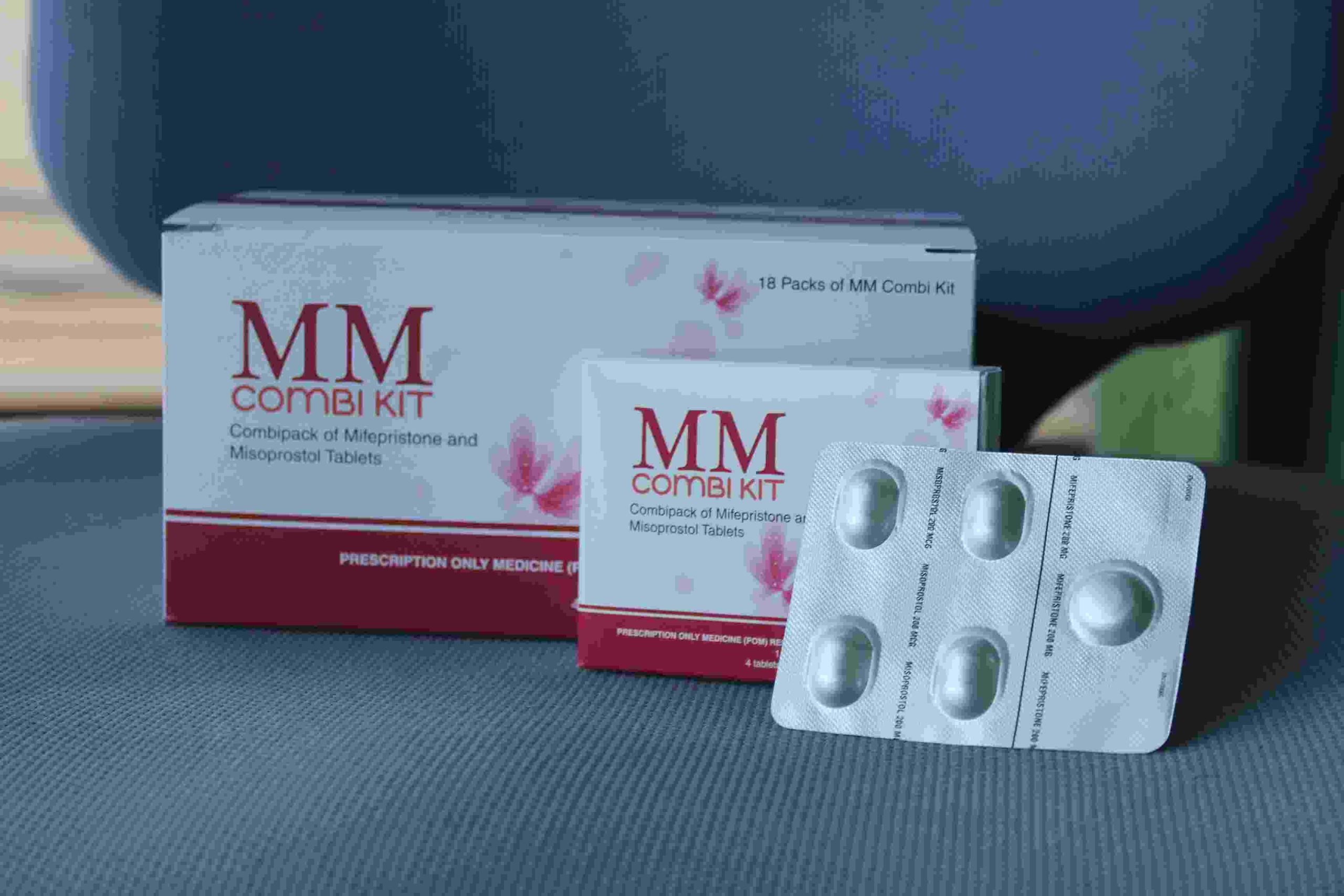Price of mifepristone in Ghana

Mifepristone, also known as RU-486 or the ‘abortion pill,’ is a medication used to induce abortion during early pregnancy. In many parts of the world, mifepristone has become an increasingly common method of terminating pregnancy. In Ghana, where abortion remains illegal except under limited circumstances, mifepristone is not as easily accessible. For Ghanaians seeking this medication, understanding the pricing and factors affecting cost is important.
Price of mifepristone in Ghana
The price of mifepristone in Ghana can vary widely, with some figures suggesting it may cost between 100-500 GHS on the black market. Of course, these numbers are estimates and often fluctuate due to a number of influential factors. Gaining a comprehensive picture of the pricing requires examining the key drivers impacting supply, demand, legality, and accessibility of mifepristone in the Ghanaian context.
Factors Affecting the Price of Mifepristone in Ghana
Legal Status
As Ghana heavily restricts abortion, mifepristone lacks official legal channels for import and distribution. This forces the drug into the black market, increasing the risk for suppliers and naturally inflating the price.
Access to Suppliers
With no local producers of mifepristone in Ghana, all supply is imported informally from overseas sellers. The limited number of suppliers keeps availability low. Less competition leads to higher prices.
Prescription Status
Some countries legally sell mifepristone only by prescription. Ghana cannot issue prescriptions, so all distribution channels for mifepristone This introduces more risk and cost.
Customs Interference
Getting mifepristone across the border undetected involves paying off officials and risky transport methods. These costs get built into the final price for buyers.
Demand Levels
Due to high levels of unwanted pregnancy and restrictive abortion laws, demand for mifepristone in Ghana exceeds supply. More demand pressures sellers to charge higher prices.
Lack of Subsidies
Governments in some countries subsidize abortion medications to make them more affordable. No such subsidies exist in Ghana, leaving the full cost to be borne by purchasers.
- Advertisement -
The Hidden Realities Behind Mifepristone Access in Ghana
While clinical and straightforward at surface level, accessing mifepristone in Ghana involves navigating a complex web of legal, social, and economic hurdles. But despite restrictions, demand persists for this reproductive healthcare option. Shedding light on the multi-layered realities shaping mifepristone availability removes stigma and empowers women.
Conclusion
Understanding the complex factors impacting accessibility and pricing is important for Ghanaians seeking this potentially lifesaving medication. While illegal and expensive currently, increased availability could broadly benefit women’s health and autonomy in Ghana.


